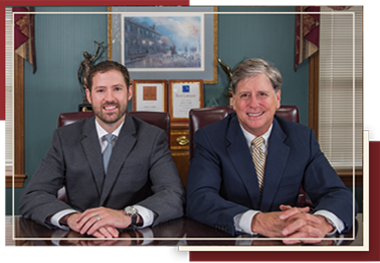On March 24, Governor Ralph Northam issued stay at home orders for the state of Virginia to help curb the spread of coronavirus. With fewer people traveling for work, Virginia’s roads carry much less traffic. For many drivers across the region, this presents a dangerous opportunity.
Many states, including Virginia, have seen an uptick in fatal crashes, despite fewer cars on the road. Joyriders and speed enthusiasts are bucking safety standards for a quick thrill — and Virginia residents are paying with their lives.
A country-wide trend
On May 3, 2020, Virginia police cited eight drivers for speeding violations, all exceeding 100 mph. Troopers clocked one driver traveling 132 mph on I-95 — fully twice that of the posted speed limit. In the period between March 13 and April 22, 47% of all fatalities were in crashes where speeding was a factor. This figure represents a nearly 10% increase despite a 50% drop in traffic.
Authorities country-wide report similar trends. Minnesota crash fatalities have doubled despite traffic dropping by half. Austin, Texas reported 111 traffic deaths in March 2020, compared to 99 the previous year. Ohio police issued 93% fewer tickets over the past few weeks, but over half of cited speeders exceeded 100 mph. Philadelphia reported three fatal traffic deaths in the first week of May alone, matching the total crash fatalities for all of April. Many drivers express surprise when they get pulled over, believing police officers stopped issuing speeding tickets. This assumption is far from the truth.
Government officials lament the loss of life, especially at the cost of valuable medical resources. Every fatal crash or injury takes up valuable hospital space needed for those infected with COVID-19, the disease caused by the coronavirus.
“An open road is NOT an open invitation to speed,” the Virginia State Police said on their Facebook page.
Legal recourse for victims
Victims of these reckless drivers can sue to recover damages, including pain and suffering. A local lawyer familiar with motor vehicle law can help navigate insurance paperwork while grieving families focus on healing.


